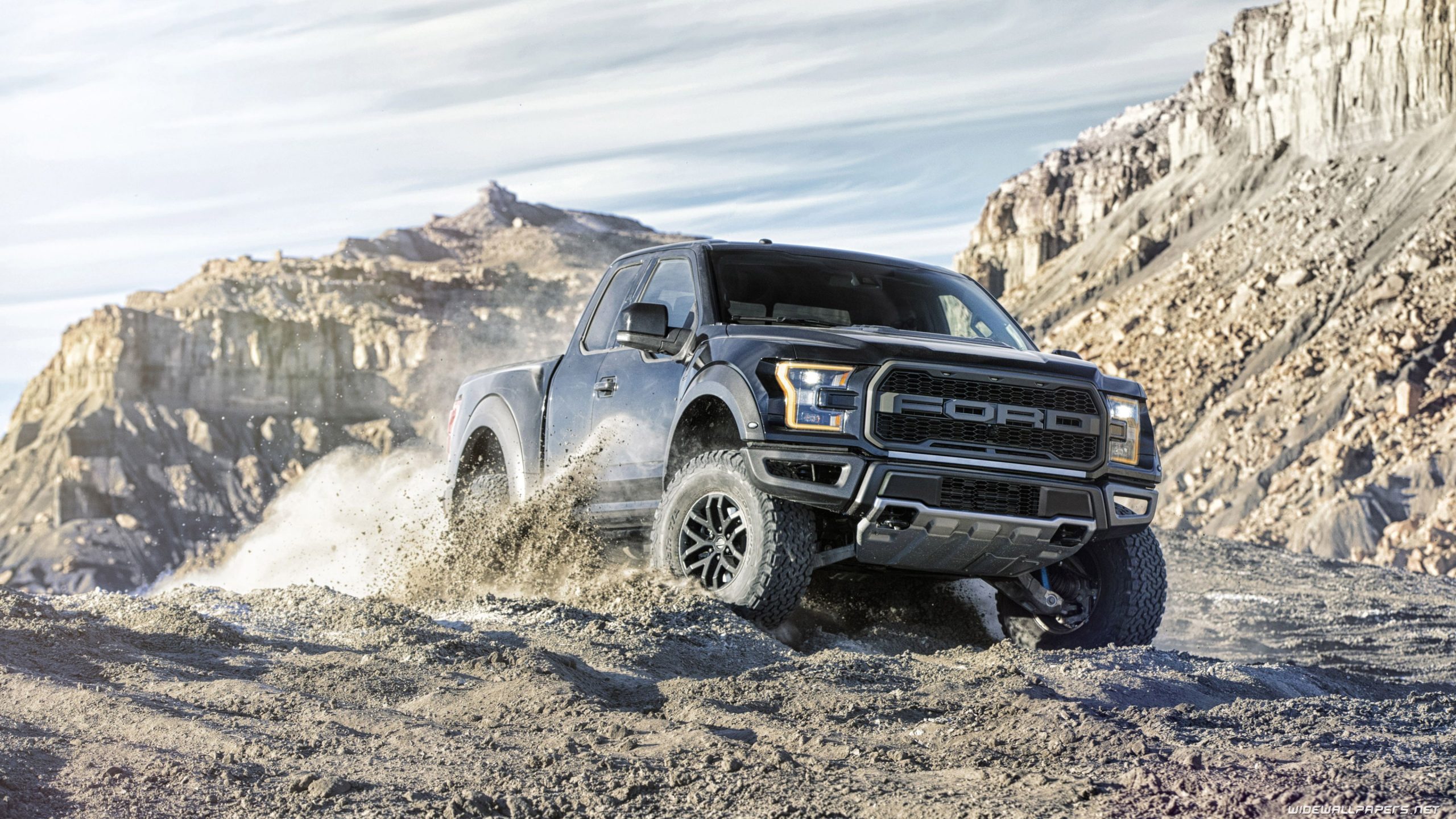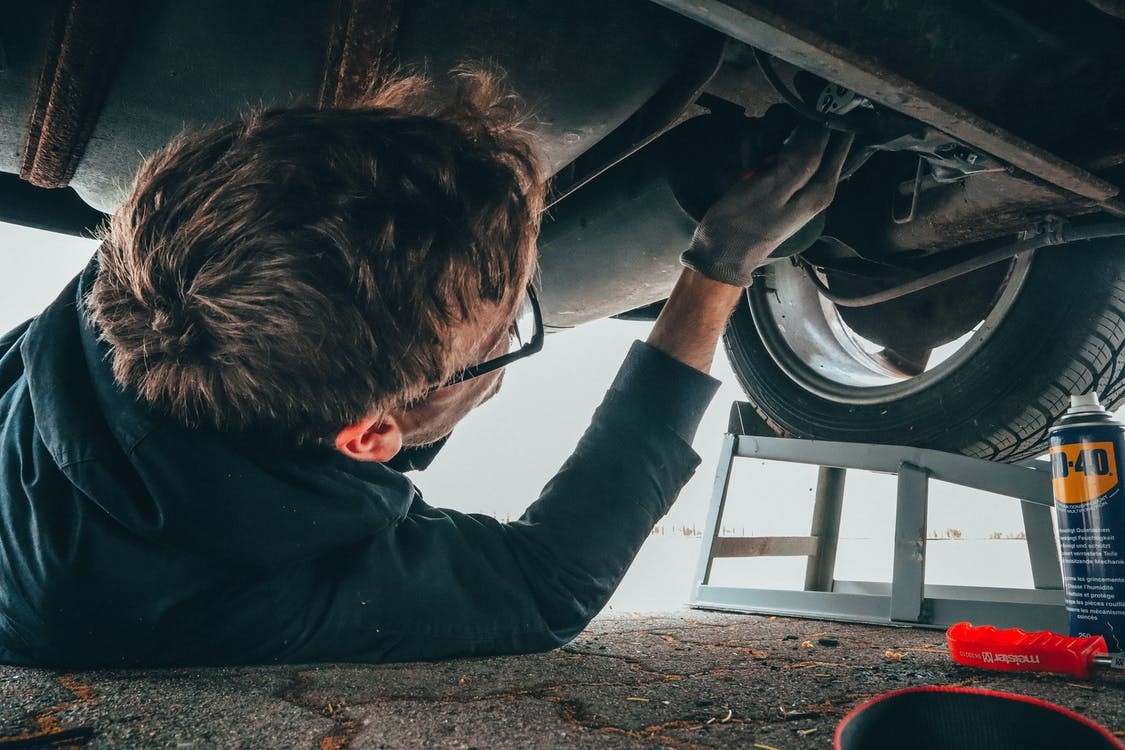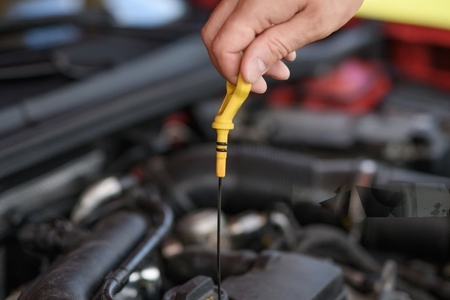4WD’s are a great way to access all your favorite spots and bring the adventurous spirit with you. If camping meters from clear turquoise water on one of Australia’s coastlines isn’t enough, an off road vehicle will give even more options for where you can go. However purchasing or owning such vehicles may not come without cost; ensure that any investment in them is worth it by taking care during use like making sure tires don’t wear out too quickly, oil changes every 3 months while driving around town at low speeds etc.
Service Your Vehicle Frequently
It’s no secret that 4WD vehicles need to be serviced. It doesn’t matter whether you just bought your first four-wheel drive or if it has been years since servicing, the best thing to do before taking on any long journeys is make sure everything’s in working order and check with owner’s manual guidelines about proper frequency. But what happens when we exceed those recommended mile markers? You may want consider bringing forward next scheduled service due date! When you take your 4WD in for service, make sure that the mechanic has experience working on vehicles of this type. They should know what they’re doing and have a lot of patience with difficult jobs like an engine rebuild or replacing timing belts. If there were any changes made after contacting us about servicing intervals – don’t hesitate to let them know so these issues can be addressed before becoming worse over time as it may affect performance down the road when things finally do fail eventually from wear & tear.
Pre-start checks
Before you leave for your day’s adventures, take a few minutes to make sure that everything is in top shape. Pop the hood and check engine oil levels first thing when waking up; close all doors gently before checking brake fluid from inside as well as power steering fluid around wheel area – also look underneath if there has been any rougher driving conditions. Lately like corrugated roads which can loosen some screws without warning! If travelling on smooth asphalt or concrete driveways won’t be necessary at all times during journey. Then don’t worry about them right now but do not forget this step either since many components require regular maintenance no matter what type road surfaces are experienced.
Get Familiar with your 4WD Vehicle
Four Wheel Drives are a lot more than just an all-terrain vehicle. They can be used for work or play, but they also offer incredible off-road flexibility, and capability that is only matched by their ability. Make sure you know what type of 4 wheel drive system your car has before jumping into the driver’s seat. Because there may not always seem like it at first glance – different makes/models require specific fluids depending on where you plan to take this thing. When servicing up front: check over fluid levels, make adjustments if needed along with other essential maintenance tasks such as changing oil filters.
Tire Pressure:
Your 4WD’s tires are critical to the way you drive. On road, they affect traction and wear; when off-road things change dramatically because of corrugated gravel roads. These areas put more strain on a vehicle than most environments will in comparison – it’s only until drivers have seen their dashboard bounce around with every bump that can be found does this become clear. Four wheel drive vehicles are designed to operate in all weather conditions and terrains. However, if you don’t air down the tires enough for your specific driving condition it will cause wear on them exponentially faster than normal. Even sand driving with incorrect pressures can result in a vehicle that has trouble going up hills or over rough terrain due too excessive vibration from their wheels. So make sure when checking tire pressure before hitting any roadways this season – not only does improper inflation cost money, but also makes life less comfortable while out there on those long drives.
Drive Your 4WD’s With Extra Care
4WDs are thirsty beasts. They work hard to get you where you need to go, so it pays off in the long run if they’re looked after properly – not only will your fuel economy improve but also less wear and tear can be expected on account of how gentle handling is when compared with AWD vehicles that do not have this advantage over their counterparts which don’t offer 4 wheel drive capability. The more care we take for our 4 Wheel Drive Vehicle(s), the longer these machines last. We’ll see better gas mileage due at least partly, because AWDs rely heavily upon torque output rather than horsepower, like most passenger cars or hybrid-electric models would rely.
Listen For the Noises:
The longer you have your 4WD, the easier it is to pick up strange sounds that are not normal. They should be listened out for if they continuously go off-road or into rough terrain often enough – like clicking clicks with no explanation as what could make them; vibrations making everything shake around us even without crashing into anything at high speeds knocking coming from inside/outside of vehicle which might mean there’s an issue somewhere.
Know your limits:
The market has seen an increase in the number of 4WD vehicles, and it’s important to know what kind will work best for you. Some are great at crawling over large stones all day while others can only handle light duty on beaches – which means they’re not really suited if want something that’s going off road more often than just driving around town once per week.
Don’t Overweight Your 4WD:
Overweight vehicles will cause a higher wear rate, more fuel consumption and ultimately reduce the lifespan of your 4WD vehicle. Take a minute to find out what weights are on board as well as their distribution before setting off for an adventure with this load- look at both trailers carefully. If one is overweight then it’s best not go any farther than necessary since you could be violating some local laws or even endangering yourself by driving under those conditions. Remember that just because there’s plenty going around doesn’t mean we all need to take our turn so let someone else have first crack if they offer up their services.
Don’t Drive Over Mud:
Mud runs are an exciting way to experience the thrill of navigating through challenging terrain. But don’t forget about your vehicle afterwards. Driving through any type of wet or muddy condition damages it greatly, which can lead you down a path where repairs become necessary for proper functionality – costing more money than if they weren’t needed at all. The best thing that one could do before entering into anything like this would be research first then decide on what kind will work best depending upon their skill level, and weather conditions.
Choosing the Right Line:
4WDing is all about picking the right line – you’ll avoid damage and allow your vehicle to work with its strengths. But if it’s not picked correctly, then 4 wheel driving can result in substantial more problems than necessary which will only bring negative outcomes for yourself. When driving on the roadways as well with only 2 wheels at one time being used by yourself while steering from inside instead if using pedals or even an automatic transmission gears, which also requires some strength but still safer than wide open spaces outside where crashes happen too often. In order to maintain a healthy 4wd vehicle, there are some things that you need to do every day. One important factor in maintaining a healthy 4wd is proper tire inflation, because it can reduce fuel consumption by up to three percent. Proper tire inflation can also extend the life of your tires and prevent them from wearing out prematurely as well as reducing wear on other parts such as ball joints, brake pads, and for those who have them- shock absorbers.




